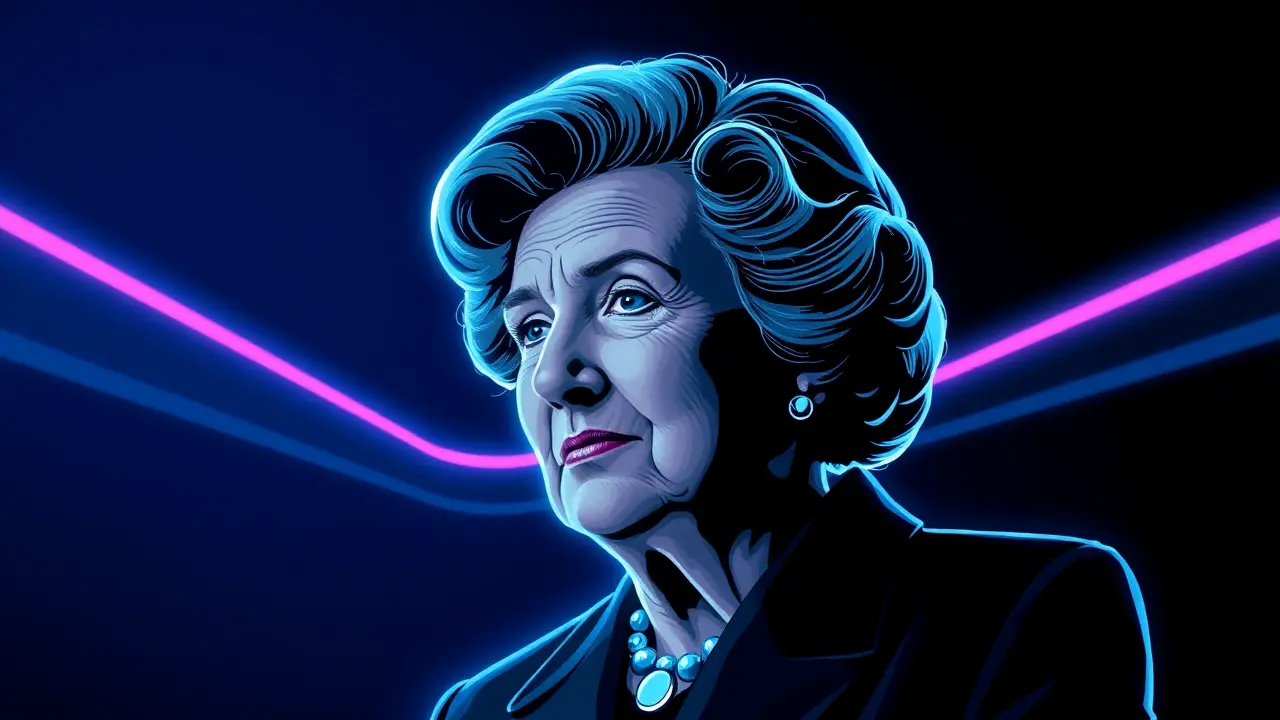- News
- governments-cabinets
- Thatcher was born 100 years ago and her reign feels a lifetime away. Why is her effect on the country still so huge? | Martin Kettle
Thatcher was born 100 years ago and her reign feels a lifetime away. Why is her effect on the country still so huge? | Martin Kettle
A century separates us from the birth of Margaret Thatcher, a temporal chasm so vast that her premiership now resides in the realm of historical study rather than living memory, a period as distant to a modern voter as the Attlee government was to her. Yet, her spectral presence in British political discourse remains undiminished, a paradoxical figure both deeply buried in the past and perpetually resurrected in contemporary debate.The battles she waged—the miner's strike, the Falklands War, the fundamental restructuring of the state's relationship with industry—are chapters in a closed book, their immediate political and social fire now cold ash. For the two-thirds of the population with no direct, electoral experience of her rule, she is a symbol, an -ism, a caricature deployed in political combat, her substance eroded by time and replaced by mythology.This centenary, therefore, presents not an occasion for celebration or condemnation, but a critical opportunity for a national audit, a dispassionate examination of what her legacy truly entails for a nation grappling with problems of a fundamentally different character. The central failure of today's political class, across the spectrum, is its stubborn insistence on viewing the complex challenges of the 21st century—stagnant productivity, a creaking social care system, the digital transition, the climate crisis—through the prism of Thatcherite solutions or anti-Thatcherite reactions.They are fighting the last war, much like generals who, having mastered trench warfare, are confounded by blitzkrieg. Her project was one of radical deconstruction, of rolling back the post-war consensus that she viewed as having led to national decline; it was a necessary corrective in her eyes, a painful but essential surgery on a sclerotic economy.The contemporary question, however, is not one of further deconstruction but of a new construction. The institutions she challenged have been largely dismantled, the economic paradigms shifted.The task now is to build the new institutions, the new social contracts, and the new economic models required for an age of automation, globalization, and environmental precarity, a task for which the Thatcher playbook offers no guidance. Her enduring effect is less about specific policies and more about the deep psychological and philosophical fissures she carved into the national psyche—the valorization of individualism, the suspicion of collective action, the redefinition of citizenship around economic self-interest.These are the fault lines that still shape our politics, that dictate the boundaries of the possible in Westminster. To move forward, Britain must finally, and soberly, come to terms with this inheritance, to understand it not as a blueprint for the future but as a decisive, and now historical, moment in its long and turbulent story. The contemporary political paralysis stems from this inability to escape her shadow; the answer to today's problems lies not in resurrecting her spirit, but in having the courage to forge a new one that is adequate to our own time.
3A
3amThinker12 hours ago
reading this at 3am and it feels like a metaphor for my entire life tbh or maybe i just need sleep
0
© 2025 Outpoll Service LTD. All rights reserved.
